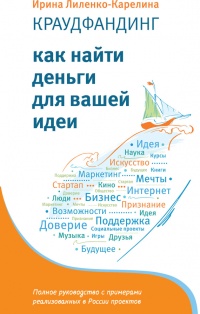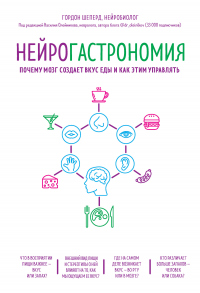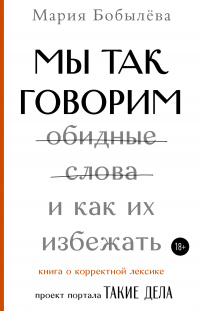Книга Искусство объяснять. Как сделать так, чтобы вас понимали с полуслова - Ли ЛеФевер
На нашем литературном портале можно бесплатно читать книгу Искусство объяснять. Как сделать так, чтобы вас понимали с полуслова - Ли ЛеФевер полная версия. Жанр: Книги / Домашняя. Онлайн библиотека дает возможность прочитать весь текст произведения на мобильном телефоне или десктопе даже без регистрации и СМС подтверждения на нашем сайте онлайн книг knizki.com.
Шрифт:
-
+
Интервал:
-
+
Закладка:
Сделать
Перейти на страницу:
Перейти на страницу:
Внимание!
Сайт сохраняет куки вашего браузера. Вы сможете в любой момент сделать закладку и продолжить прочтение книги «Искусство объяснять. Как сделать так, чтобы вас понимали с полуслова - Ли ЛеФевер», после закрытия браузера.
Книги схожие с книгой «Искусство объяснять. Как сделать так, чтобы вас понимали с полуслова - Ли ЛеФевер» от автора - Ли ЛеФевер:
Комментарии и отзывы (0) к книге "Искусство объяснять. Как сделать так, чтобы вас понимали с полуслова - Ли ЛеФевер"
























